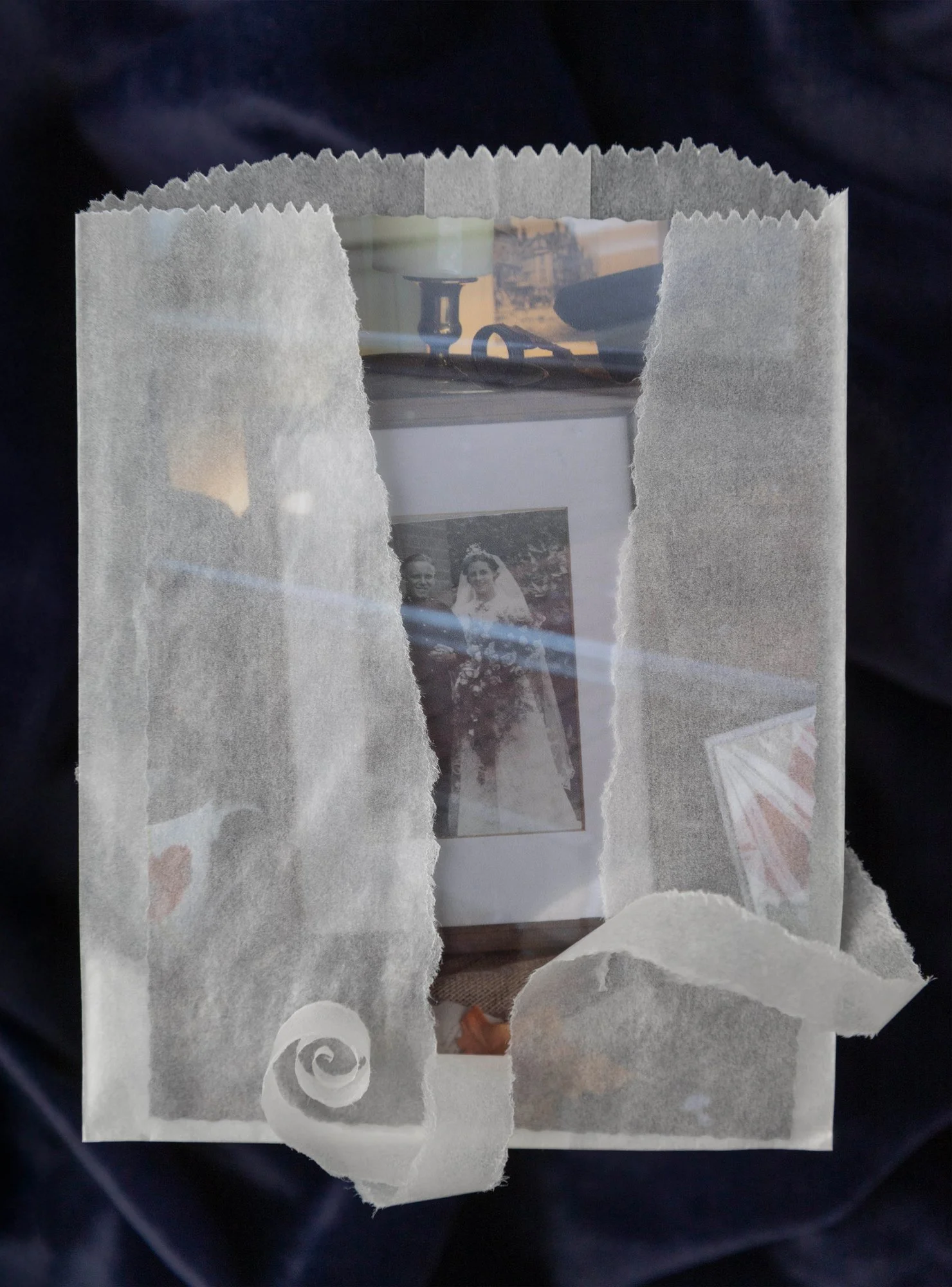Alessandra Calò
CTONIO (chthonic) | “This photographic series is my personal vision about the landscapes and humans stories around Mediterranean area leads me to question the meaning that lies behind the infinite expressions that nature offers to the gaze. through stones, nature and human presence, I tried to restore the vision of a timeless dreamlike place and called it Ctonio (chthonic, relating to or inhabiting the underworld) because I started from the dark and earth depth to tell a ancient story, where the past and the present mixing with reality, legends, possible truths and mythologies. focus on "Ipogeum garden" concept, understood as a phisical place and also as a generative space.” —Alessansdra Calò
In this photographic series created in the extraordinary setting of the Mediterranean, Alessandra Calò use the photographic medium as a tool to document the state of the places but above all to dig into memory and leverage the need to re-establish that ancestral bond that binds man to nature. The importance of nature - today more than ever perceivable in the contemporary Mediterranean landscape - leads the artist to question the history that lies behind the infinite expressions that it offers to the gaze, in an attempt to reclaim the spaces generated by man.
In the last century, economic policies have encouraged the occupation and exploitation of territories, progressively erasing most of the characteristic features of the Mediterranean area to outline new ones. The rapid transformations of the territory have produced the current image of a 'hollow' landscape, characterized by areas disfigured for the exploitation of the raw material: the limestone (calcarenite). At the end of the 50s, the phenomenon of migration to less hostile places and more profitable jobs led to the depopulation of vast areas and the population was literally replaced by an important wild presence, which reappropriated the space, re-establishing that complex and self-sufficient ecosystem that only the enigmatic law of Nature could re-establish.
The space that was once a "crossroads and place of planning" is now regenerated and returns - in the richness of its vegetation - the sedimented memory of those who lived there and made it a unique place. The underground garden thus becomes the symbolic door through which artistic practice passes: the morphological and anthropological study of the territory, the discovery of ancient native plant species, give us confirmation of the existence of an ancient dormant but never broken bond, which still retains the warmth between the sun-beaten stones and the deafening silence of wild nature. www.alessandracalo.it
























